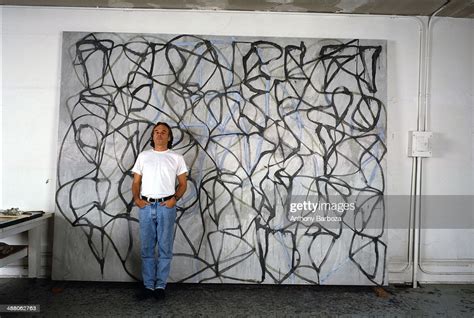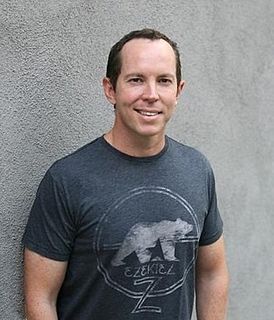A Quote by Michael Josephson
Failure is much easier to handle if you just think of it as feedback to guide your next effort.
Related Quotes
Success is always an easier motivator, because you want more of it. But I've also been motivated by failure. Had I medaled in London, I don't think I would be one of the few that have gone to a Summer and Winter. I would have been content with that medal. Instead, I used that failure to go to the Winter Olympics. I always tell people that failure can be one of your biggest motivators if you just have an attitude adjustment about it.
I'm much more concerned about what artists think. But as you get older you tend to get much more isolated; you're not out in the bar, having long drunken arguments on the benefits of your work vs. someone else's. It's hard to know how people are looking at it, and you don't get much feedback. The written critical stuff seems to be the feedback, but that's hard to interpret.
Failure to handle psychological denial is a common way for people to go broke: you have made an enormous commitment to something. You have poured effort and money in. And the more you put in, the more that the whole consistency principle makes you think, "Now it has to work. If I put in just a little more, then it will work."
I think it's satisfying for people to feel that that relationship is reciprocal in some way. The truth is, you do have a relationship with your fans, and there is a feedback loop there. And while you have to be careful not to write a show just for the superfans, that kind of feedback is really valuable.
Failure is all a matter of perspective. Think of all the people you admire. I guarantee you they all failed at one time or another. The key is to recognize setbacks for what they really are-entry points for learning, not validation that you aren't good enough. After a disappointment analyze your actions, get feedback from friends, and take inventory of what you could do better next time. This type of self-reflection and improvement will ultimately make success inevitable.
































